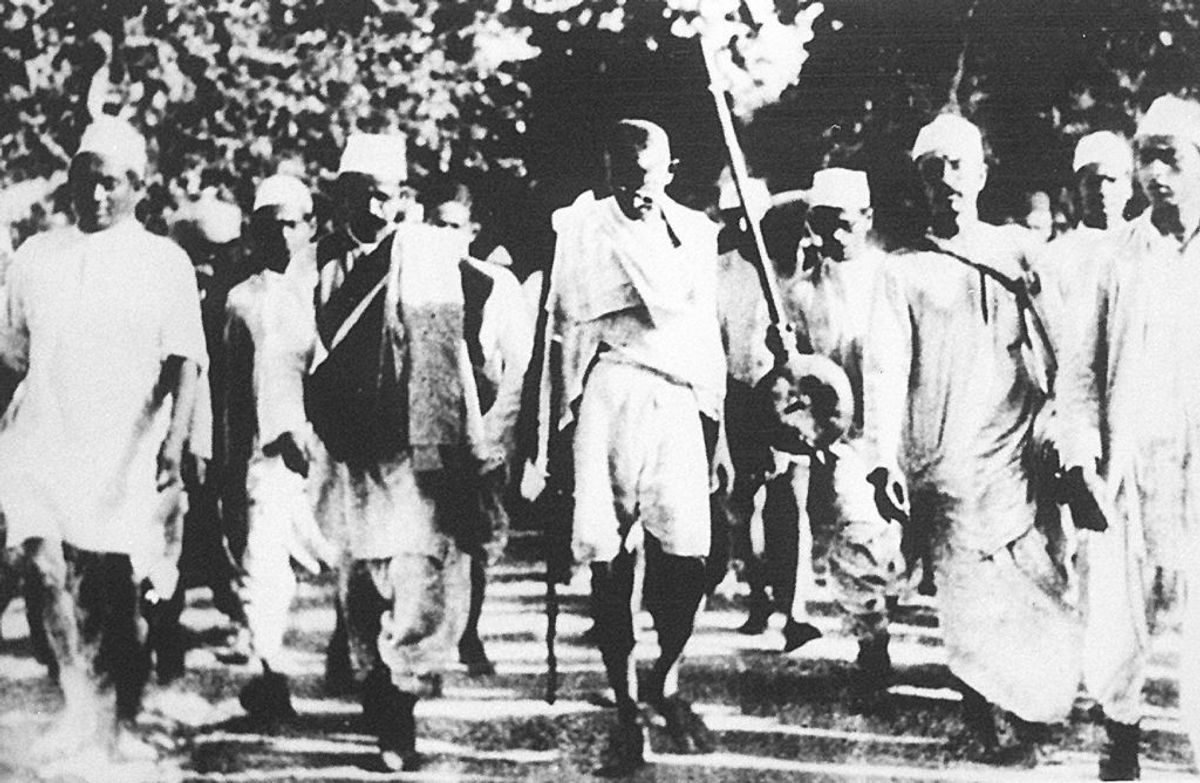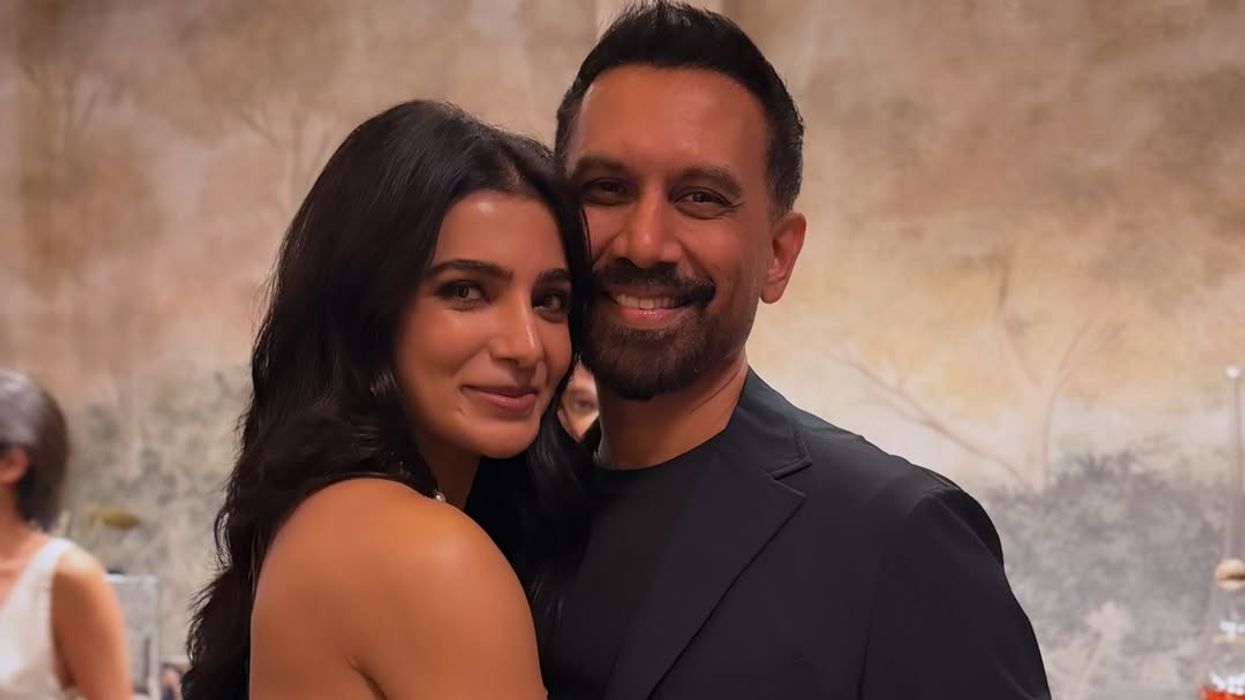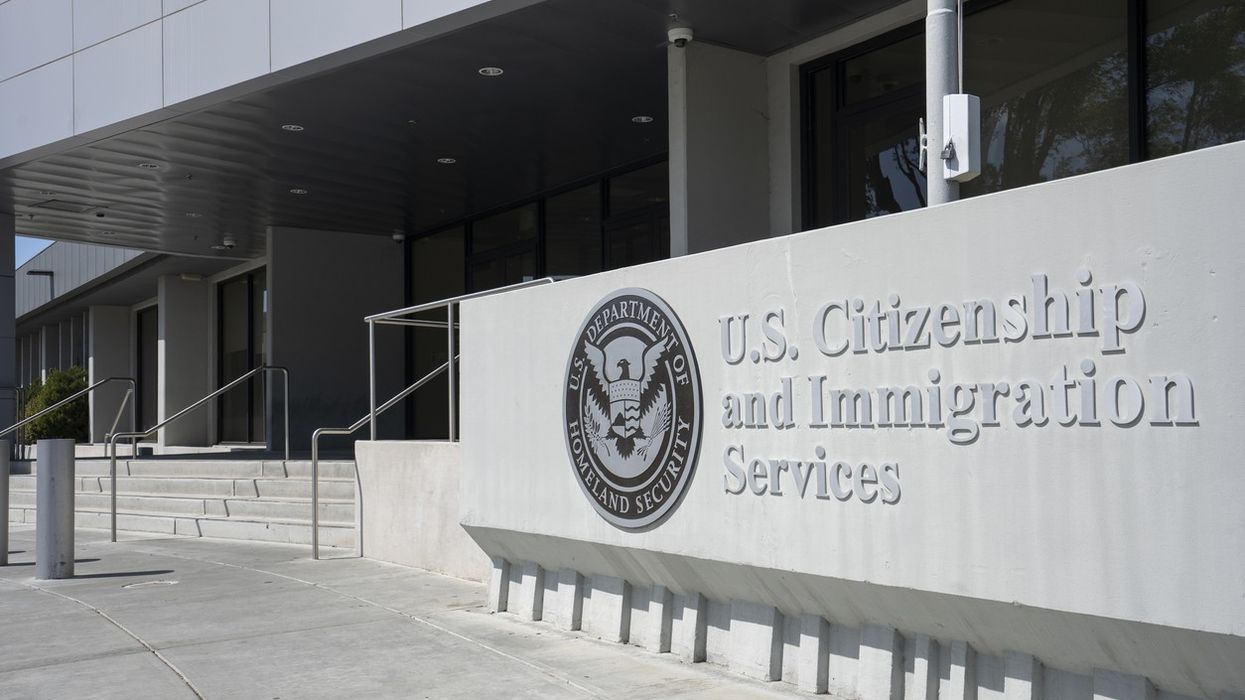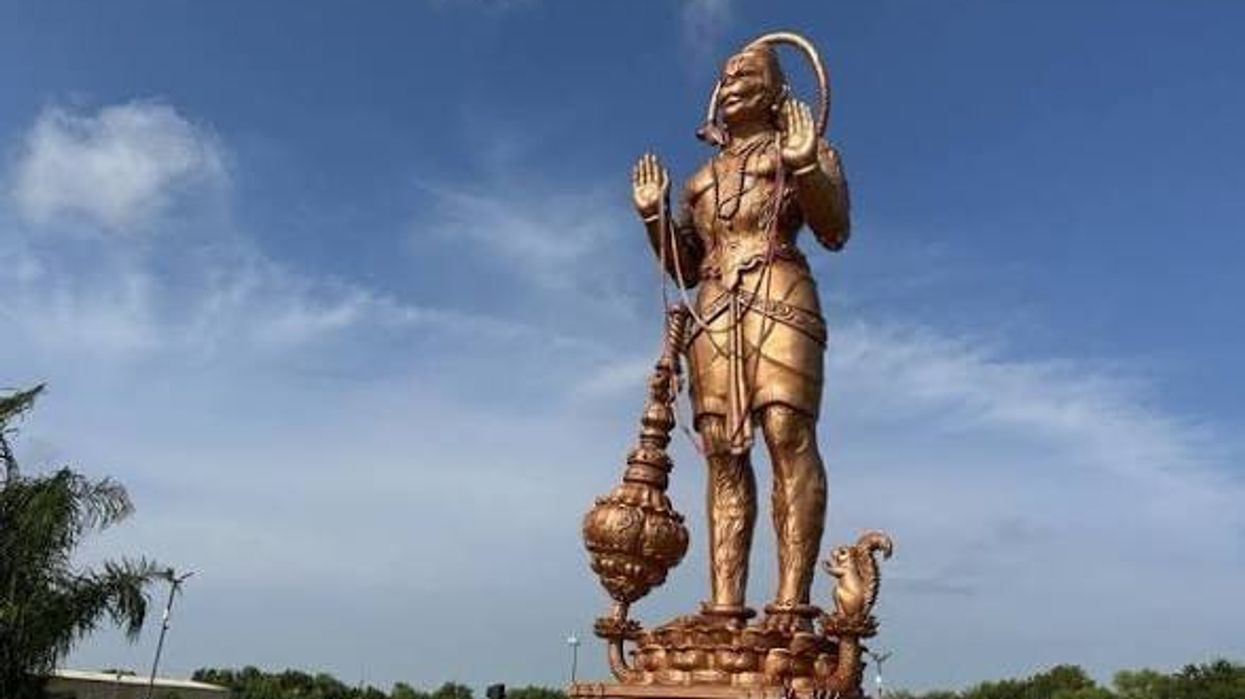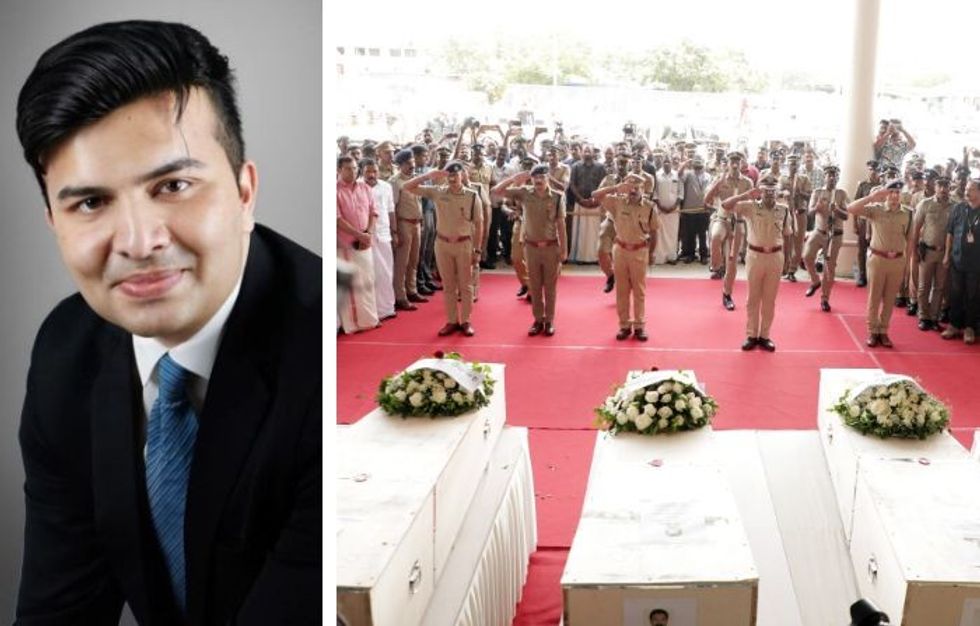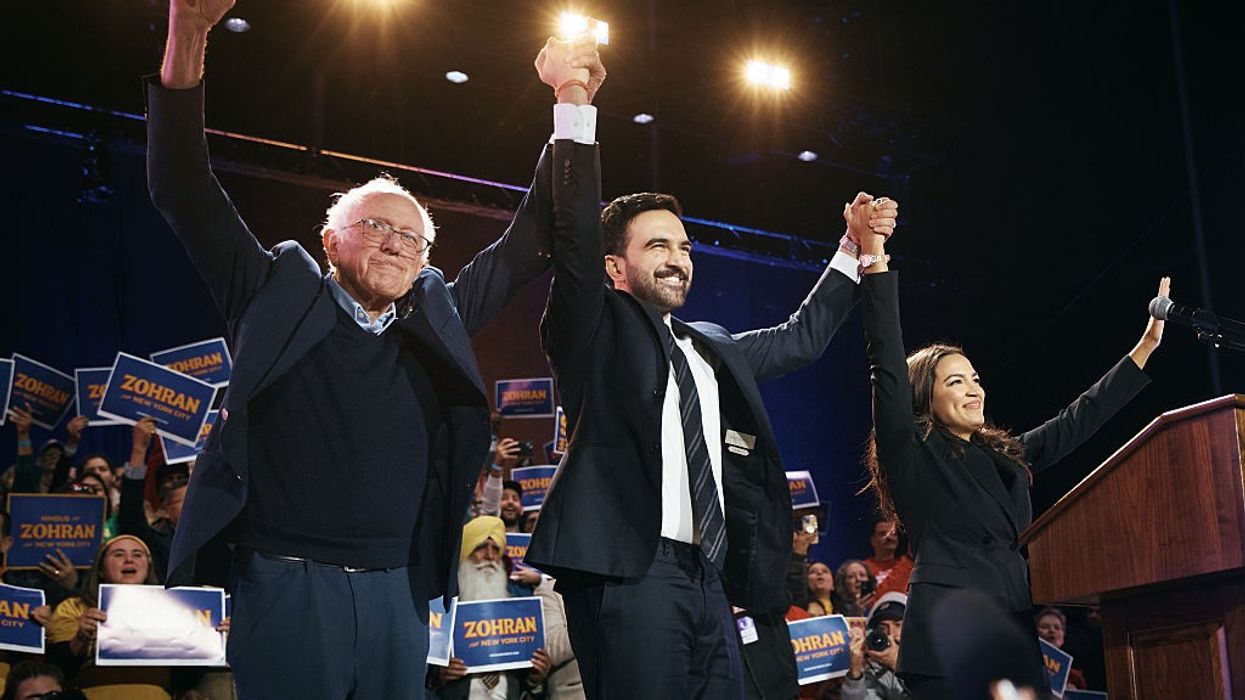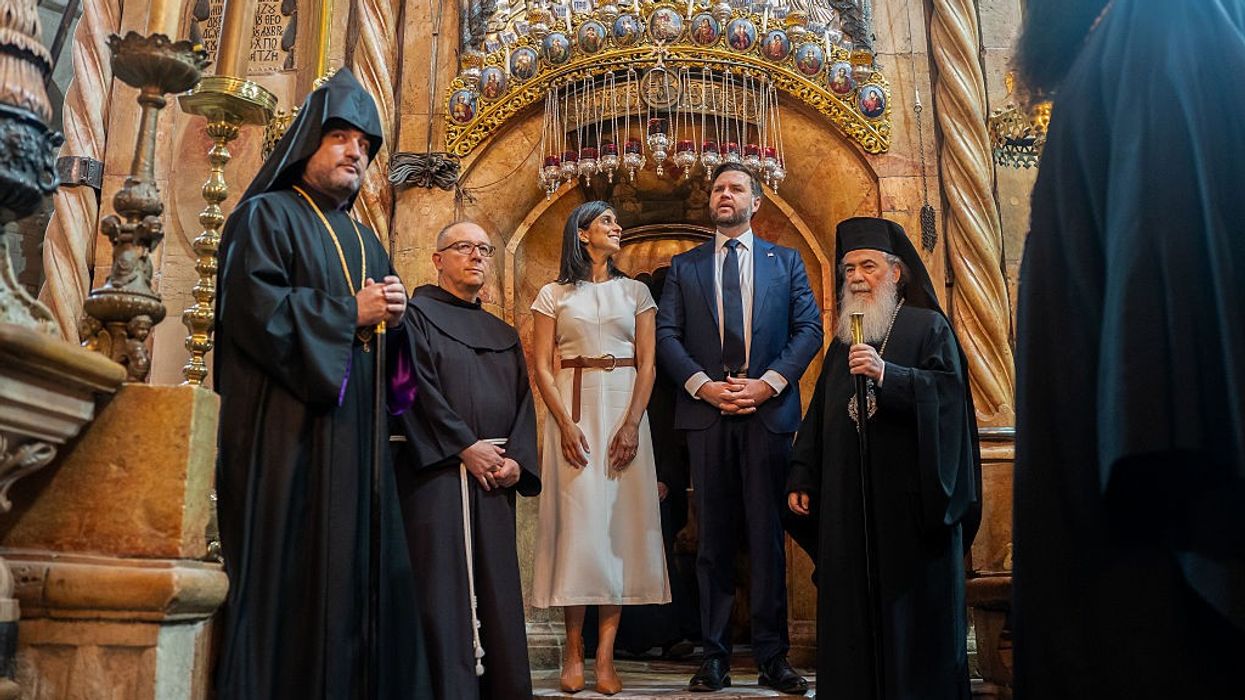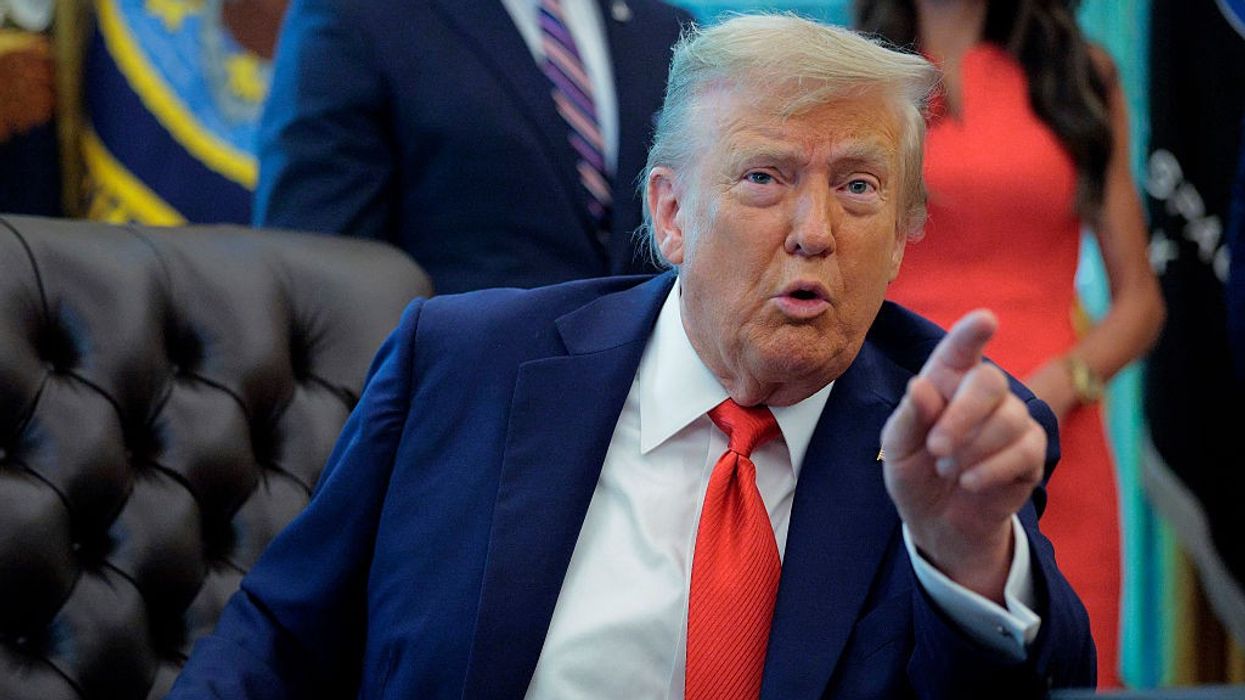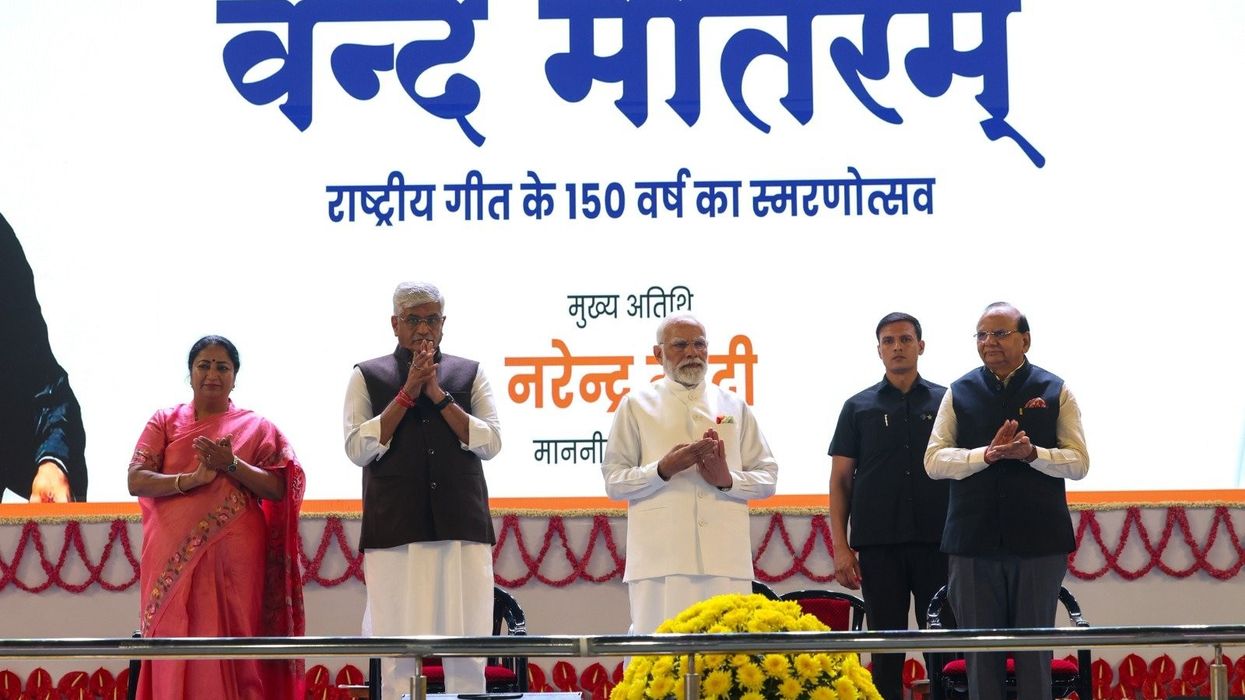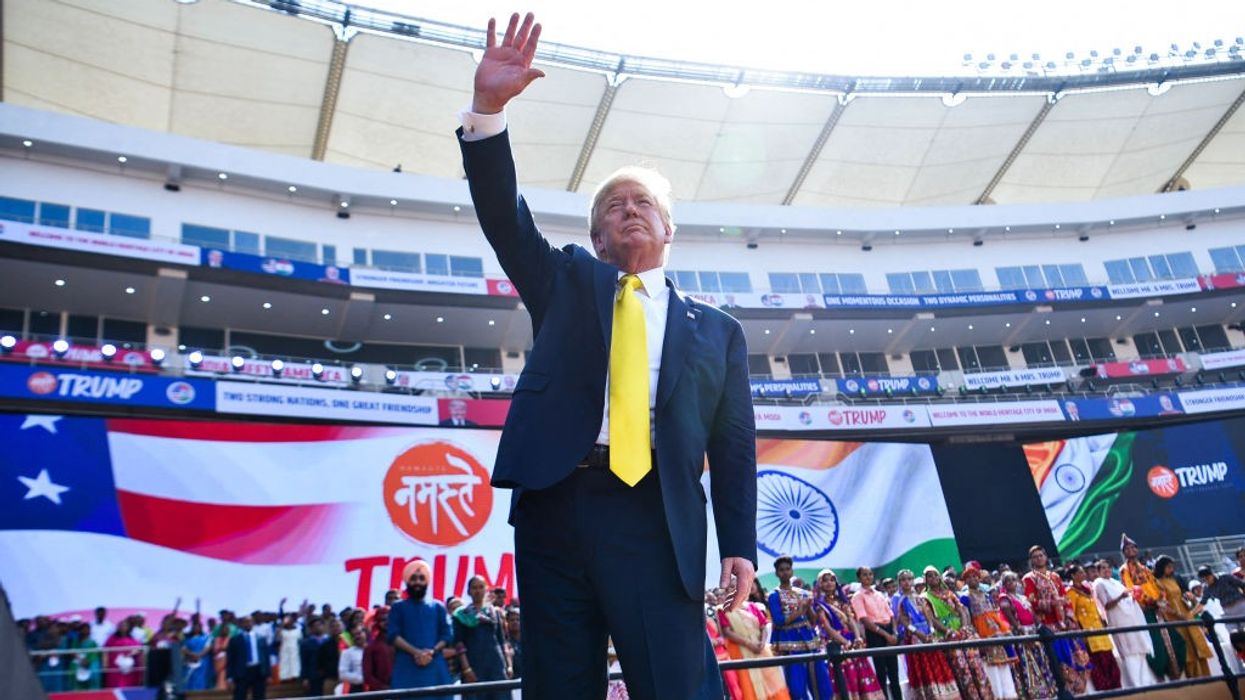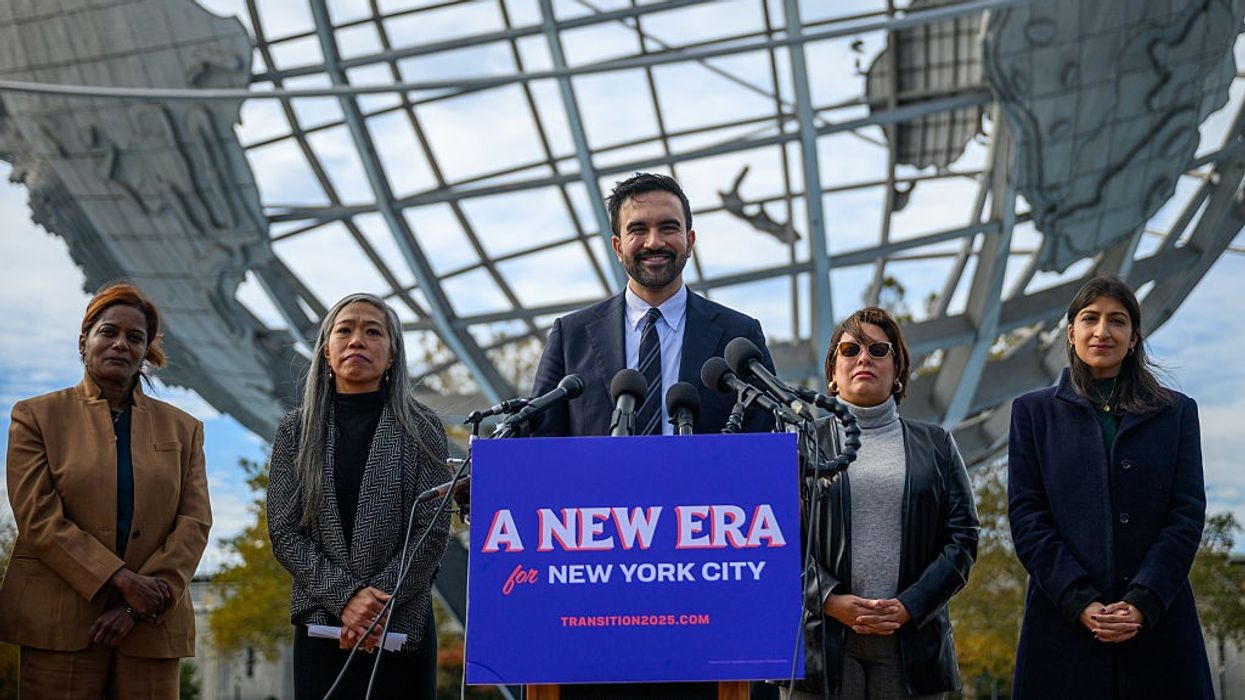India's National Council of Educational Research and Training (NCERT) has come under criticism over its decision to drop from the textbook of Class XII history certain portions related to Mahatma Gandhi and how his pursuit of Hindu-Muslim unity "provoked Hindu sentiments" and on a ban on the Rashtriya Swayamsevak Sangh (RSS), the ideological mentor to the country's ruling Bharatiya Janata Party (BJP).
The NCERT is an autonomous organisation which was set up by the Indian government in 1961 to help and advise the country's federal and state governments on policies and programmes for qualitative improvement in school education.
The opposition Indian National Congress, which ruled India for most part of its post-Independence period, has slammed the move and accused the Narendra Modi government of whitewashing and distorting history.
"Gandhiji's death had a magical effect on the communal situation in the country", "Gandhi's pursuit of Hindu-Muslim unity provoked Hindu extremists" and "Organisations like RSS were banned for some time" are among the portions deleted from the textbook.
Reference to Gujarat riots 2002 were also removed
Besides, portions referring to the 2002 Gujarat riots were also omitted from the textbook of Class XI sociology, months after the NCERT removed reference to the violence in two Class 12 textbooks.
NCERT chief Dinesh Saklani, however, said that the syllabus was rationalised last June and no trimming of the curriculum took place this year.
According to him, certain changes did not find mention in the rationalisation notification earlier due to an "oversight" and the issue should not be "blown out of proportion".
Shobha Karandlaje, a minister in the Modi government, hit back at the Congress while defending the NCERT's decision saying the opposition party was the "biggest manipulator" of India's historical facts and the BJP was only correcting the "wrongdoings" of the past.
As part of its "syllabus rationalisation" exercise last year, the NCERT, citing "overlapping" and "irrelevant" as reasons, dropped certain portions from the course including lessons on Gujarat riots, Mughal courts, Emergency, Cold War, Naxalite movement.
A text reading "Communal Politics began to lose its appeal" in reference to the time after Gandhi's death in 1948 was also removed from the textbook.
Congress president Mallikarjun Kharge slammed the BJP and RSS over the issue, saying no matter how much they try, they cannot erase history. "You can (make) changes in textbooks but you cannot change the history of the country. This is an attempt by the BJP-RSS, they can try as much as they want, but they cannot erase history," he said.
Tagging a media report on the issue, Congress general secretary Jairam Ramesh said on Twitter, "Whitewashing with a vengeance."
Asked about the issue at a press conference at the Congress headquarters in New Delhi, Congress parliamentarian Manish Tewari said the rewriting of history has been an "ongoing endeavour" of the RSS and BJP.
"This is not the first time that this has happened. I recall that in the first and second NDA governments in 1998-99, this particular project was being unveiled. The only thing I would like to say is that you can distort history but you cannot erase it," he said.
The NCERT chief, who took charge in February last year when the rationalisation exercise was already underway, claimed nothing had been omitted overnight.
"Subject expert panel had recommended dropping certain texts on Gandhi. It was accepted last year only. It was not mentioned in the list of rationalised content may be due to an oversight. It should not be blown out of proportion," Saklani told the Press Trust of India.
"Nothing can be omitted overnight, there are proper procedures and professional ethics have to be followed. There is nothing intentional behind it," he added.
(With PTI inputs)
